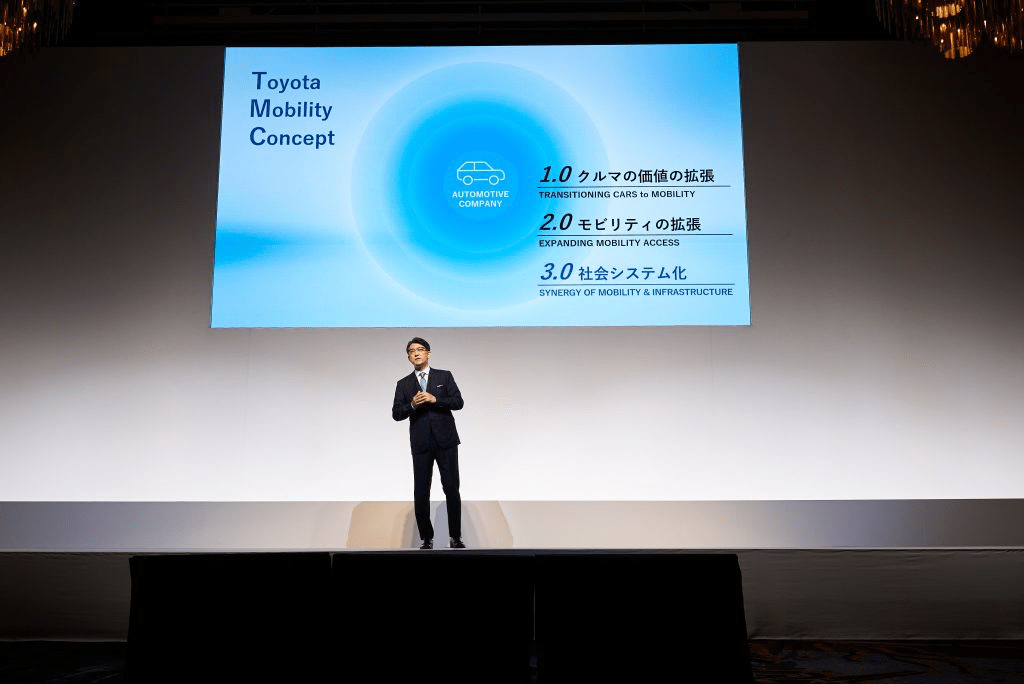
Toyota’s new CEO, Koji Sato, reaffirmed that the group would remain on a multi-energy approach. As far as hydrogen is concerned, the shift is towards heavy mobility. Toyota intends to cover e-fuels, the hydrogen combustion engine and the fuel cell.
Taking the risk of disappointing those who would like to see it become 100% electric, the Japanese manufacturer believes that a plural response is needed with hybrids, plug-in hybrids and also electrics. It is going to accelerate in this area (with, it seems, more efficient batteries), but it is not abandoning hydrogen for all that.
In the automotive sector, Toyota first announced that it was going to work on carbon neutral fuels. These fuels could be used to power both new vehicles and those already on the road. The other option is to develop hydrogen engines. This is what the group is doing in competition with a Corolla in the Super Taikyu championship. It is also following this path for road transport. Toyota believes that the scaling up of the fuel cell will only be possible through trucks. The manufacturer is convinced that this solution is better suited, because the filling time is much faster and the energy storage takes up less space.
Nothing has been said about the Mirai, however, of which just over 20,000 vehicles have been sold despite the first generation being launched in 2014.
Toyota still believes in this vision of a hydrogen society. It is also using pilot projects such as Woven City (a smart city at the foot of Mount Fuji, where hydrogen plays a role in daily life), in Fukushima and in Thailand.
Do you want to know more about Toyota’s commitments on hydrogen? You should read our latest article about the company here.
Article written by Laurent Meillaud and translated by Logan King





